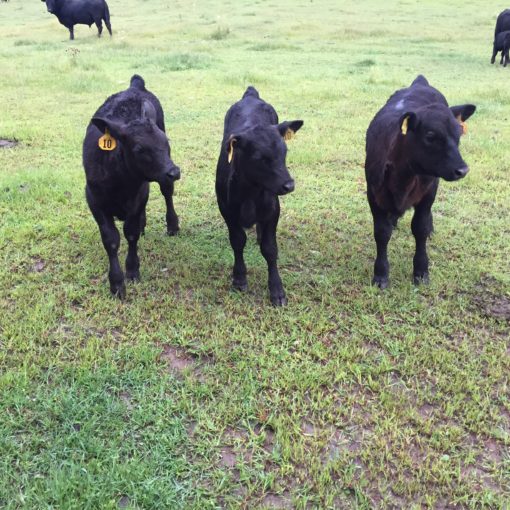Once you have decided that veterinary medicine is your passion and career of choice, you have the hardest part ahead of you: getting into school.
Before applying to veterinary school, you must make sure you have the necessary coursework completed, animal experience, and good testing scores to have a strong application. Most people will complete a four-year degree prior to applying to vet school. There is no required major, but there are necessary pre-requisite classes that must be completed before acceptance. Another option, while less popular, is to just complete the pre-requisite courses and then apply to veterinary school with no degree completed.
There are 30 US accredited veterinary schools and a few international schools to which you can can apply. Be sure to look at rank, what unique aspects they offer, cost of attendance, and program details before applying. You will need to research the admittance requirements for each individual school you plan to apply to, as they are all slightly different. However, some of the basics are the same. A strong foundation in biology is the most important (in my opinion!). Microbiology, biochemistry, animal science courses for different species, anatomy and physiology, etc. are invaluable. Chemistry is the second largest requirements with usually two semesters of inorganic “general” chemistry and at least one semester of organic chemistry. Some schools may require two semesters of organic chemistry. Physics is another branch of science where either one or two semesters are needed depending on the school. With all of these science courses, there are a minimum number of hours that need to come from laboratories, meaning hands on experience, in addition to classroom hours. However, science courses are not the only prerequisite courses required. A certain number of hours are needed from various subjects including English, math, humanities, social sciences, and electives.
In addition to coursework, all applicants must take the GRE and have an acceptable score. This is a generalized graduate program test that is similar to the ACT most people take in high school. I recommend taking this during your sophomore or junior year of your undergraduate degree.

Finally, involvement in extracurriculars and animal experience is incredibly important. Schools want to see that applicants are well rounded and understand the many facets of veterinary medicine. Therefore, I recommend joining clubs that highlight your interests and aptitudes. Personally, in college I was a member of Pre-vet club, Phi Eta Sigma (an honors fraternity that did volunteer work), SEERS (a local horse rescue), CRU (a Christian group) and a couple others. Document any leadership roles you have in these clubs, and the activities completed. For animal experience, try to get as much as you can, and as diverse as you can. It is extremely helpful to start an excel document or have other record keeping years before you apply to vet school with the type of animals worked with, paid/unpaid, dates and time you spent at that location, what your roles and responsibilities were, etc. ANY animal experience is worth writing down, not just those spent with a veterinarian! The application will ask for specific and detailed descriptions of all your animal and veterinarian experience, so if you already have this information written down, it will help immensely when it comes time to apply!
Once you have a solid foundation of your prerequisites, standardized testing, and experience under your belt, the application process starts. Most people that are completing a four-year undergraduate degree apply during the summer between their junior and senior years. The application cycle typically closes around September or October. It takes extensive time to complete the application so I recommend starting 3-4 months in advance! The application tool used is called the VMCA’s and there are several parts to it, all are mostly online. You are required to have veterinarians and other trusted individuals submit letters of recommendation on your behalf (typically 3-4). You must submit all your past coursework through transcripts, as well as list any current coursework you are enrolled in and will have completed prior to your anticipated acceptance. Three short essays need to be uploaded, and most schools require a separate personal statement. Any and all test scores must be submitted directly from the testing facility. Finally, all animal experience must be documented and submitted. Cost to apply depends on how many schools you are applying to, but a ballpark range is anywhere from $600-1500.

Each individual school may have additional requirements separate of the VMCA’s, so it’s important to check with each school you plan to apply to in order to ensure you don’t miss any deadlines or documents that would disqualify your application. Remember, on average most schools have 800-1500 people applying for 80-150 spots. Therefore, missing or incomplete applications are quickly discarded.
Once your application is submitted in the fall, congratulations!! You won’t have anything specific to do until winter or early spring when schools conduct interviews. Not every school has an interview process, and not every applicant will receive an interview.
Want another perspective? Visit the AVMA to read their insights!
Good luck to everyone applying!!
— Dr. Katharine





